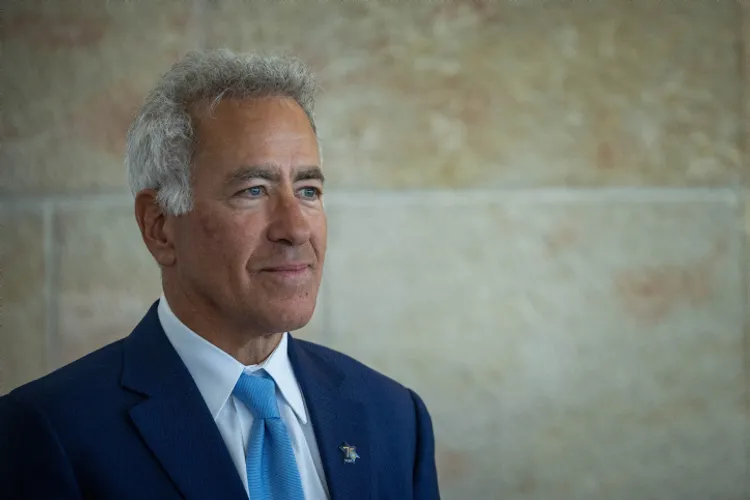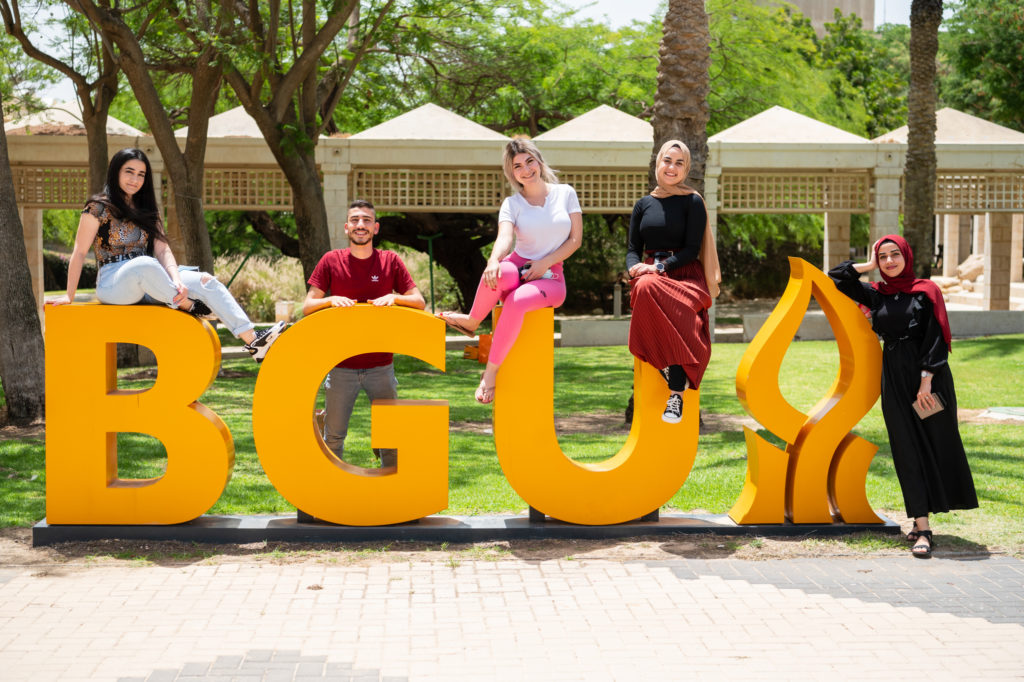
Losing Our Humanities: It’s a National Security Issue
Losing Our Humanities: It’s a National Security Issue
January 2, 2019
The following blog on “The Times of Israel“ was written by the new BGU President Prof. Daniel Chamovitz.
I majored in biochemistry at Columbia University in New York City. I received my Ph.D. in genetics from The Hebrew University of Jerusalem. I was a research fellow in plant biology at Yale University, served as dean of the George S. Wise Faculty of Life Sciences at Tel Aviv University and – starting today – I am the president of Ben-Gurion University of the Negev in Beer-Sheva.
But the most important classes I ever took in college were not in botany or genetics, or anywhere else in the science faculties. They were contemporary civilization and freshman composition. There, I learned to contend with views and interpretations on society, politics, religion, and more, and how to appreciate the depth of arguments that I ultimately disagreed with. The challenge of reading Aristotle, Locke and Marx not only taught me the discipline to read 300 pages a week, but also to critically analyze complicated text, contextualize complex ideas and express my ideas clearly.
My experiences as a college freshman continue to inform all aspects of my life. Asking good questions and analyzing data is critical for a scientist. Communicating clearly is “bread and butter” for an academic. The ability to listen, without judging, makes me a better leader.
Yet I fear that the humanities are becoming passé in our universities. From 2013-2017 the number of students enrolling in engineering degrees in Israel rose steadily, yet at the same time, the number of humanities students has decreased.
For many reasons, this is understandable: As a nation, we have staked our economic success and national security on top-level science and groundbreaking academic research. Israel’s emergence as the Hi-Tech Nation during the first two decades of this century, which has subsequently led to an enormous push in the international community to invest in Israeli minds, enthusiasm and creativity, validate our commitment to and investment in STEM education. One cannot fault young people for rightfully looking to the technology, cyber, robotics or agriculture sectors as exciting industries to build their futures.
But it would be a mistake to sacrifice the humanities on the altar of engineering and science. While our universities have made important strides in recent years to encourage multidisciplinary study, the structure of our academic programs means that many of our STEM students will be exposed only to “pass-fail” humanities courses, if at all, that do not match the vigor of college-level study of literature, history or philosophy.
This is more than a shame. It is misguided and short sighted. Especially in an age of hyper-stimulation, rapid technological change, globalization and social upheaval, the ability to read and to think, to analyze and to argue about great ideas, are critical skills not only for professional success, but also essential for our national security. At a time when students no longer rely on professors or teaching assistants to obtain information – facts are readily available on the internet – it is precisely these skills that universities are uniquely qualified to provide.
The study of literature, history, art, and other disciplines in the humanities are not “extra” subjects for university students, including for our up-and-coming scientists, and they must not be viewed solely through the prism of future employment possibilities. A well-rounded education is not simply a vocational tool to help the individual find employment after graduation. It is a hallmark of academia and a value in and of itself.




